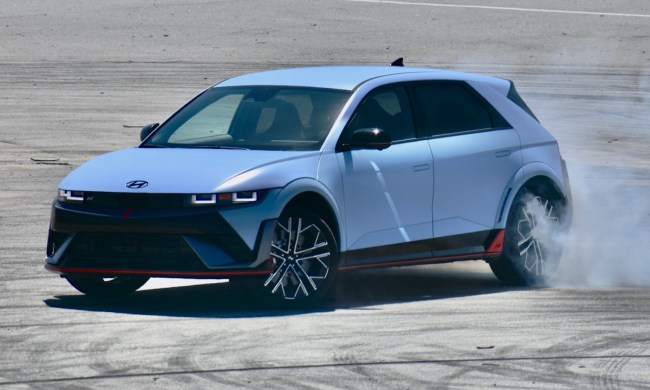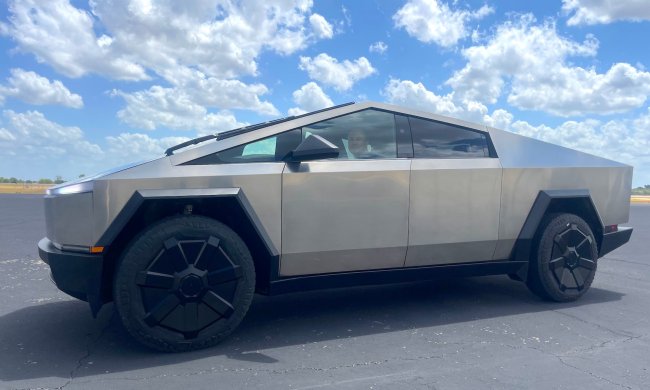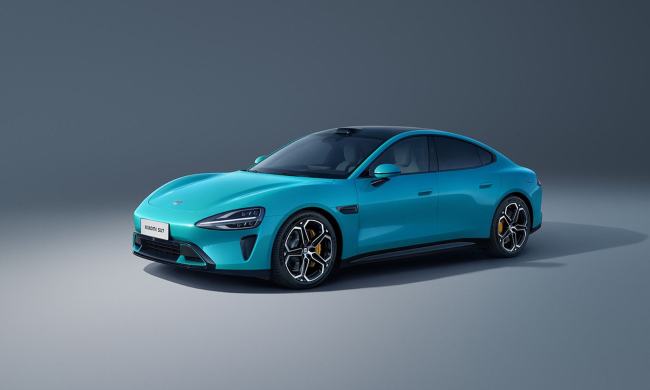Apple’s long-awaited car is finally coming into focus. Earlier in 2021, we reported that the tech giant had linked arms with Hyundai to enter the automotive industry, and a recent unverified report suggests Kia has been put in charge of the project. The South Korean firm issued a vague statement that neither confirms nor denies the rumors.
Sources allegedly familiar with the carmaker’s plans told local news outlet Edaily that Hyundai assigned the Apple car project to sister company Kia. The report sent the company’s shares on a 20% hike on the Seoul stock market.
Executives quickly clarified that Kia is merely looking at developing self-driving and electric technology with several foreign firms, according to Reuters, which is seemingly another way of saying that it’s open to forging partnerships with new partners without revealing whether the Apple rumors are true or false. Cupertino’s on-and-off iCar has been shrouded in secrecy for years, so the enigmatic response hardly comes as a surprise.
If the rumors are false, we’re headed towards another dead end in the Apple car saga. If they’re true, putting Kia in charge of the project makes a tremendous amount of sense because the brand pioneered the modern electric car when it released the first-generation Soul EV in 2014. Its range also includes an electric crossover named Niro.
Looking ahead, Kia — which introduced a new logo this month — plans to introduce no fewer than seven electric cars by 2027, including a stand-alone model tentatively due out in 2021. Most will be built on a highly modular platform that will also underpin several Hyundai models, like the production version of the 45 concept from 2019. While nothing is official yet, it’s not too far-fetched to speculate Apple’s car could be built on these bones, too.
Developing a car is much more difficult and labor-intensive than designing a phone, and the platform is a hugely important and correspondingly expensive piece of the puzzle that has a direct effect on how the model handles and the type of technology that can be packed in it, among other things. It’s also a system that the average motorist never sees. Most people who buy a Volkswagen Atlas don’t know that the SUV is built on the MQB platform, for example. Mini owners won’t stay up at night thinking about the BMWs that their car shares an architecture with.
Viewed in this light, creating an Apple-only platform would represent a colossal waste of money. Building the iCar on a state-of-the-art Hyundai-Kia platform developed specifically for the type of use that Apple has in mind (to underpin an electric and highly automated car) makes sense, and it would allow both sides to leverage the benefits of economies of scale. Of course, that’s assuming Kia is indeed developing an Apple car that will launch soon.



